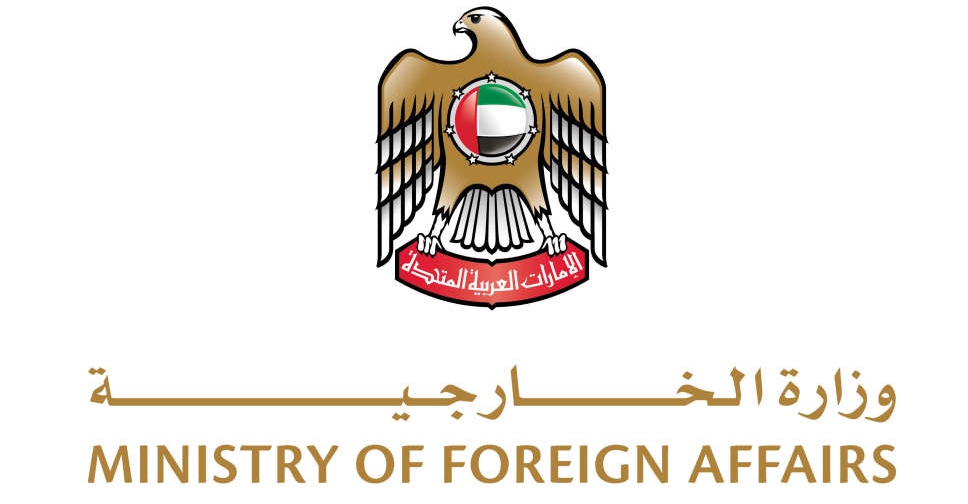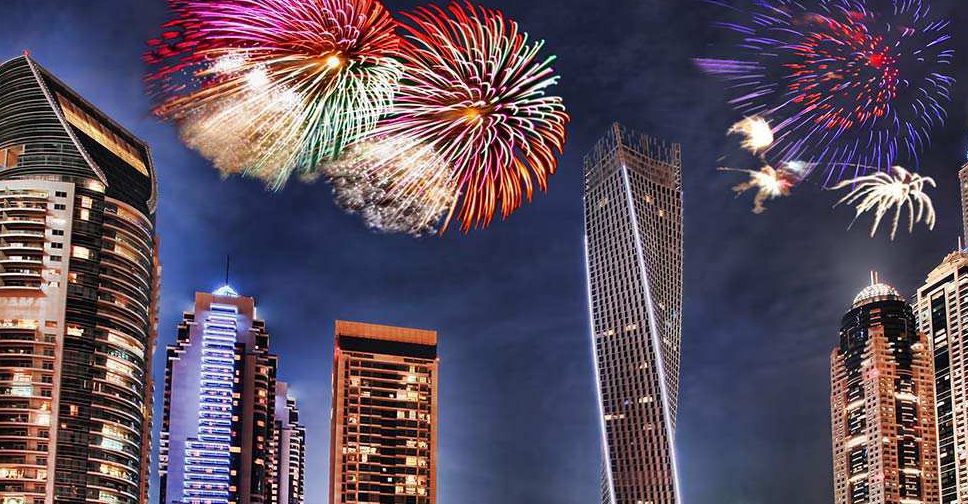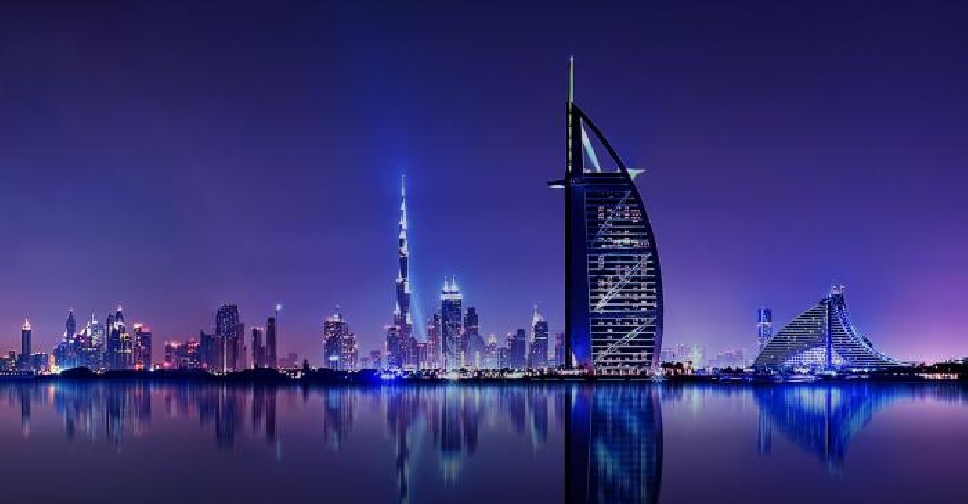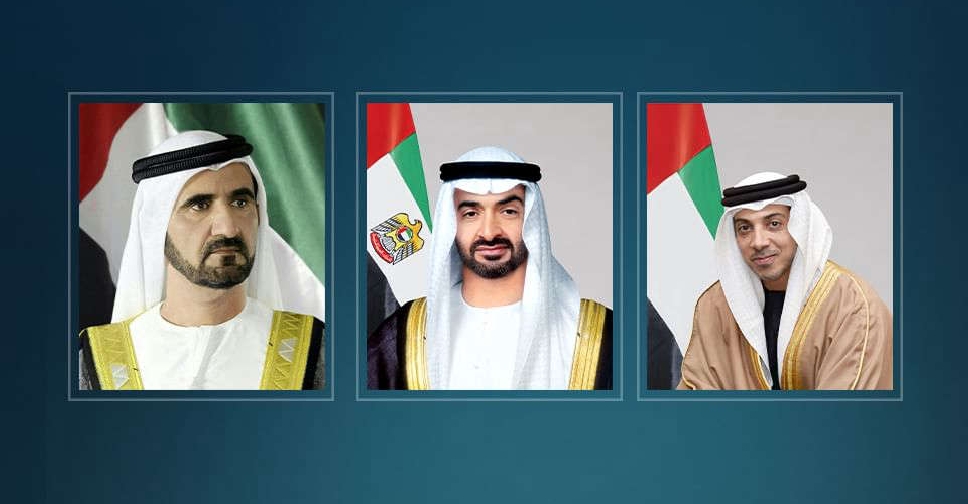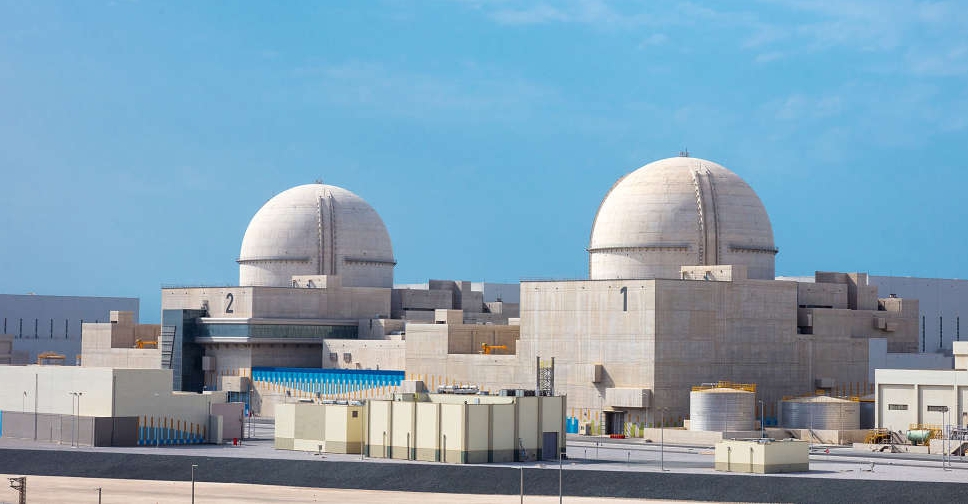
Unit 3 of the Barakah Nuclear Energy Plant has now safely and successfully connected to the UAE’s transmission grid, delivering the first megawatts of carbon-free electricity from the third of the four units.
The Emirates Nuclear Energy Corporation (ENEC) made the announcement today.
Unit 3 will add another 1,400 megawatts of zero-carbon emission electricity capacity to the national grid, a major step forward in guaranteeing UAE energy security and energy sustainability to tackle climate change – two of the biggest challenges facing the world today.
With both Units 1 and 2 already in commercial operation, generating clean electricity every minute of the day and with Unit 3 close to commercial operations in the coming months – Barakah is accelerating the decarbonisation of the power sector and forms an essential component of the UAE’s Net Zero 2050 Strategy.
The nuclear sector as a whole is a vital part of the UAE’s clean energy system of multiple low-carbon technologies, ensuring the reliability, efficiency and resilience of the UAE grid for at least the next 60 years.
Mohamed Ibrahim Al Hammadi, Managing Director and Chief Executive Officer of ENEC, said, “Our leadership’s long-term vision and decisions more than 13 years ago are paying dividends today as we celebrate another proud moment for the UAE Peaceful Nuclear Energy Program. Connecting Unit 3 to the UAE transmission grid adds thousands more megawatts of clean electricity to power all aspects of society, replaces the need to burn USD 4 billion (AED 14.69 billion) worth of gas which can be diverted for export, and through Clean Energy Certification, gives many companies in the UAE a unique competitive advantage. I am proud of our Emirati-led teams who continue to showcase world-class levels of capability, knowledge and expertise – powering a Net Zero economy through their work. Congratulations to everyone who has helped make these achievements a reality.”
Following the grid connection, Unit 3 will undergo the process of gradually raising power levels, known as Power Ascension Testing (PAT).
The process will be continuously monitored and tested until maximum electricity production is reached while adhering to all local regulatory requirements and the highest international standards of safety, quality and security.
The four units at Barakah alone is contributing 25 per cent of the UAE’s National Determined Contributions to Net Zero and are the largest source of dispatchable clean electricity.
The Plant demonstrates how nuclear energy projects can be delivered safely, successfully and competitively to tackle growing carbon emissions.
Through clean electricity generated at Barakah, nuclear is helping to decarbonise some of the most energy intense sectors. Nuclear is also enabling the UAE to divert high-value LNG fuels for export, increasing national funds availability for international investment to drive economic diversification.

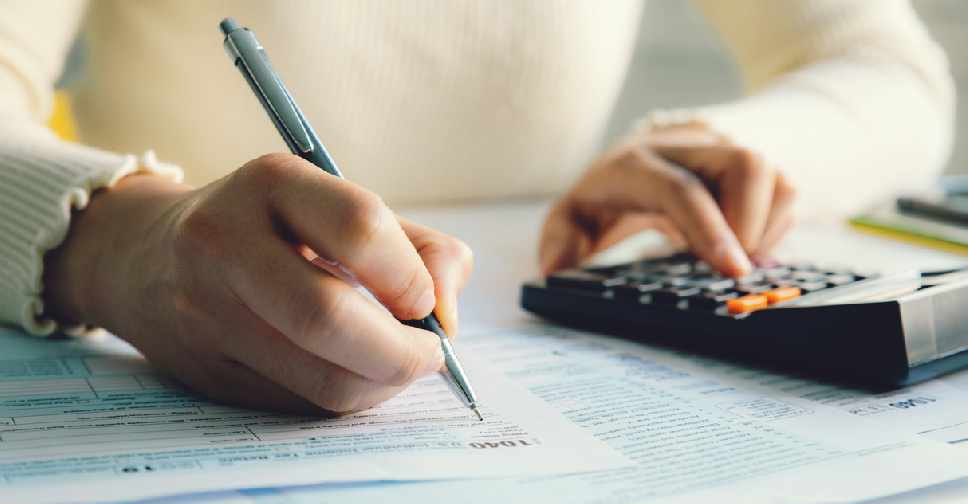 New tax programme for government employees
New tax programme for government employees
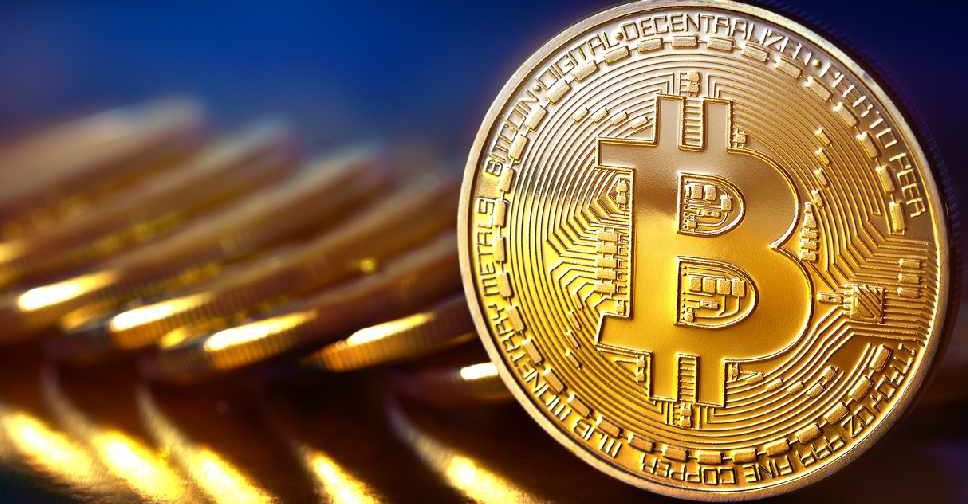 Russia is using bitcoin in foreign trade, finance minister says
Russia is using bitcoin in foreign trade, finance minister says
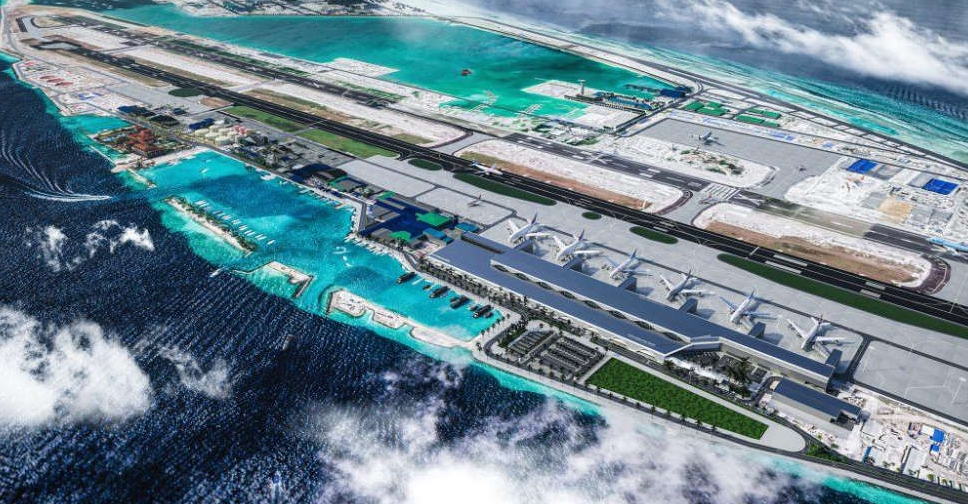 ADFD adds AED147M to Maldives airport project
ADFD adds AED147M to Maldives airport project
 Iran lifts ban on WhatsApp and Google Play
Iran lifts ban on WhatsApp and Google Play
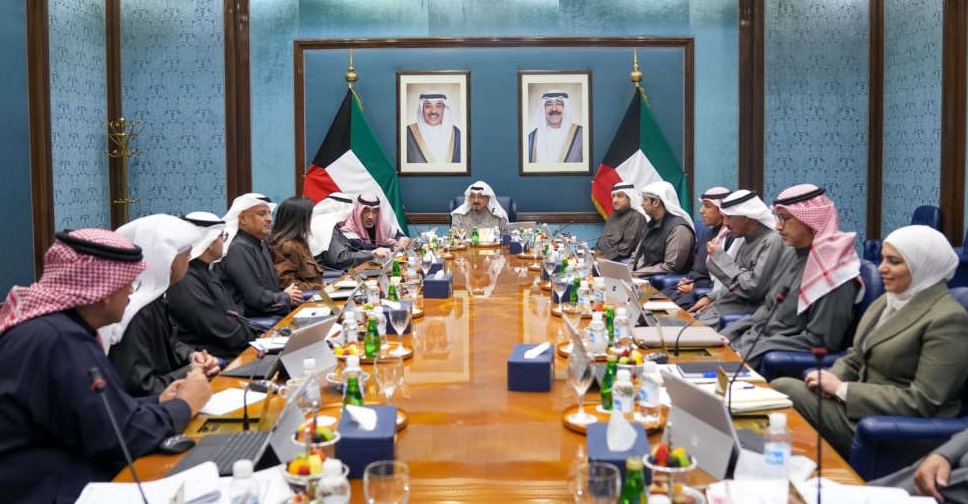 Kuwait approves 15% Tax on multinational entities
Kuwait approves 15% Tax on multinational entities
